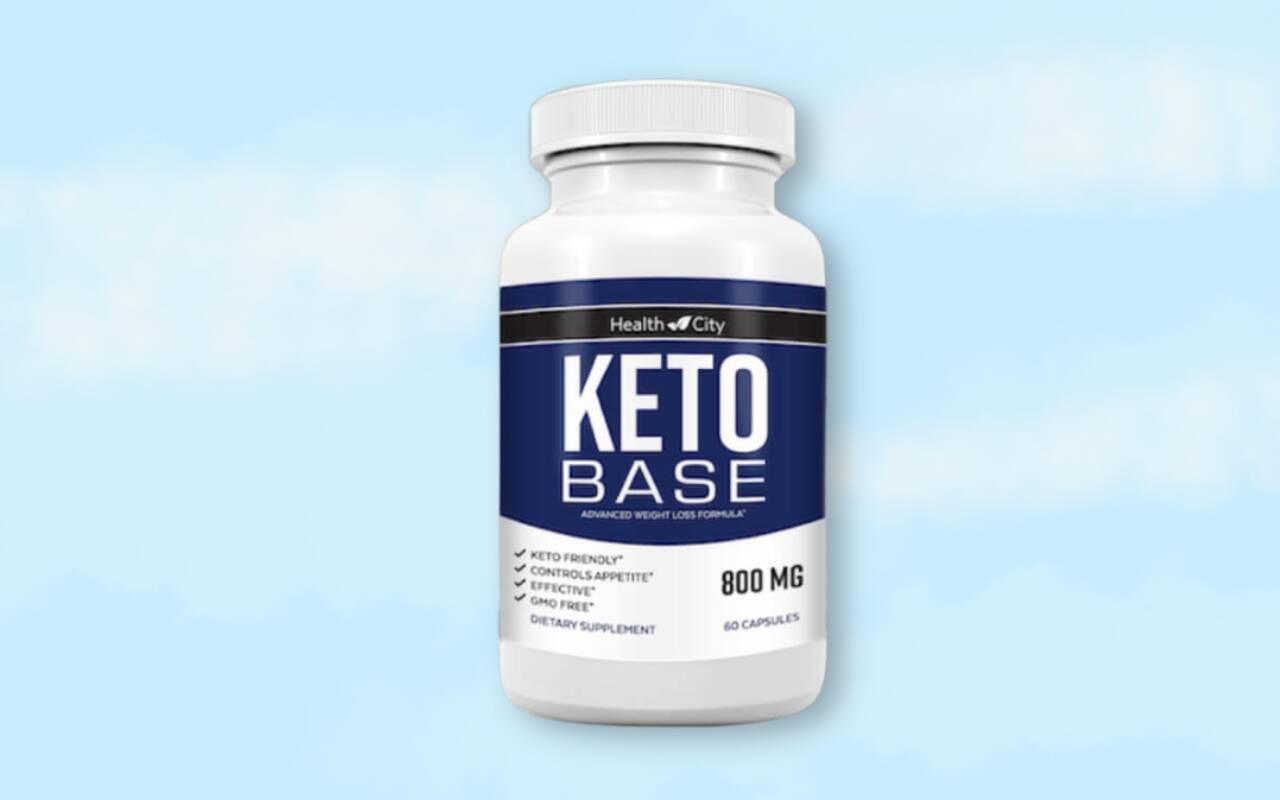What is the Keto Diet?
At its core, the keto diet is a high-fat, moderate-protein, and very low-carbohydrate eating plan. The primary goal of the keto diet is to shift your body's metabolism from relying on glucose (derived from carbohydrates) for energy to burning fat for fuel. This metabolic state is called ketosis.
Normally, the body breaks down carbohydrates into glucose, which is used for immediate energy. When carbohydrate intake is drastically reduced, the body enters a state where it starts to break down fats into molecules called ketones. These ketones serve as an alternative fuel source for the brain and muscles, essentially bypassing the need for glucose.
The Science Behind Ketosis
Ketosis occurs when the body depletes its glycogen stores (the storage form of glucose), which usually takes a few days of very low carbohydrate intake (typically below 20-50 grams of carbs per day). Once glycogen stores are depleted, the liver begins converting fats into ketones—specifically beta-hydroxybutyrate (BHB), acetoacetate, and acetone. These ketones then circulate in the bloodstream and are used by cells, particularly brain cells, as an energy source.
This shift has several profound effects on the body. First, fat stores become the primary source of fuel. This results in fat loss, which is why many people turn to the keto diet for weight loss. Second, ketones are known to be a more stable and efficient energy source than glucose, which can lead to more sustained energy levels and mental clarity.
The Keto Base: Macronutrients Breakdown
To successfully enter ketosis, the typical macronutrient ratio on the keto diet is approximately:
- 70-75% fat
- 20-25% protein
- 5-10% carbohydrates
1. Fats: The Core of the Keto Diet
Fat is the backbone of the keto diet. When you're on keto, you should consume healthy fats from a variety of sources. Good fat sources include:
- Avocados: Rich in monounsaturated fats and fiber, avocados are a great keto-friendly choice.
- Nuts and seeds: Almonds, walnuts, chia seeds, and flaxseeds are excellent sources of fats, protein, and fiber.
- Coconut oil and MCT oil: These oils are rich in medium-chain triglycerides (MCTs), which the body converts into ketones quickly and efficiently.
- Olive oil: Another excellent source of monounsaturated fat, which has various health benefits.
- Fatty fish: Salmon, mackerel, sardines, and other oily fish provide omega-3 fatty acids that support heart health.
It is important to note that not all fats are created equal. While trans fats and processed vegetable oils should be avoided, natural fats from animals, plants, and seeds are the optimal choice.

2. Protein: A Balanced Approach
Protein is an essential nutrient that helps with muscle maintenance and repair, immune function, and hormone regulation. However, too much protein can inhibit ketosis. When you consume excess protein, your body can convert it into glucose through a process called gluconeogenesis, which can prevent the body from reaching and maintaining ketosis.
A moderate intake of protein is key. Good sources of protein on a keto diet include:
- Grass-fed meat: Beef, lamb, and pork are excellent sources of protein and healthy fats.
- Poultry: Chicken, turkey, and duck provide a lean source of protein.
- Eggs: Eggs are a keto staple, as they are high in protein and fat but low in carbohydrates.
- Cheese: Full-fat cheese can be a great way to increase your protein intake while staying within the keto macros.
3. Carbohydrates: Keeping It Low
Carbohydrates are the macronutrient you will need to limit the most on the keto diet. The goal is to keep daily carb intake between 20 and 50 grams, depending on your specific needs. The carbohydrates you do consume should come from non-starchy vegetables, nuts, and seeds.
Some keto-friendly carb sources include:
- Leafy greens: Spinach, kale, and lettuce are low in carbs and packed with nutrients.
- Cruciferous vegetables: Broccoli, cauliflower, and Brussels sprouts are excellent low-carb options.
- Berries: In moderation, raspberries, blackberries, and strawberries are lower in carbs compared to other fruits and are rich in antioxidants.
- Zucchini, asparagus, and bell peppers are great for adding variety and nutrients without spiking your carb count.
Avoid high-carb foods like grains, sugary fruits, starchy vegetables (potatoes, corn), and processed foods that contain added sugars.
Key Benefits of the Keto Diet
The keto diet offers numerous potential benefits, especially when followed long term. Here are some of the most commonly reported advantages:
1. Weight Loss
By shifting your body's primary energy source from glucose to fat, the keto diet can lead to more efficient fat burning. The reduction in carbohydrate intake leads to lower insulin levels, which can help with fat storage and promote fat loss.
2. Improved Mental Clarity and Focus
Ketones are an excellent fuel source for the brain, and many people on keto report improved cognitive function, mental clarity, and focus. Unlike glucose, which can cause energy crashes and brain fog, ketones provide a steady, clean fuel source for mental performance.
3. Stable Energy Levels
Without the constant fluctuations in blood sugar levels, many keto dieters experience more stable energy levels throughout the day. This can be particularly beneficial for those who struggle with energy dips after meals or experience fatigue due to blood sugar spikes.
4. Reduced Inflammation
The keto diet has been shown to reduce inflammation, which is linked to various chronic conditions such as heart disease, diabetes, and arthritis. Ketones are known to have anti-inflammatory effects on the body, which can improve overall health and well-being.
5. Better Control of Blood Sugar and Insulin Levels
For people with type 2 diabetes or those at risk of developing it, the keto diet can be beneficial in improving insulin sensitivity. By cutting out carbs, which have the most significant effect on blood sugar, individuals can help stabilize their blood sugar and reduce the risk of developing insulin resistance.
Final Thoughts
The keto diet can be a highly effective way to lose weight, improve energy levels, and promote overall health. The key to success lies in understanding the base principles of the diet—keeping carbs low, focusing on healthy fats, and moderating protein intake. By following the guidelines of the keto diet, you can successfully transition into ketosis and enjoy its potential benefits. However, it’s important to consult with a healthcare professional before beginning any new diet, especially if you have pre-existing health conditions.

上一篇:Should Fixing Trifola Farms Cbd Gummies Take 70 Steps?
下一篇:https://www.facebook.com/SlimSure.Reviews
